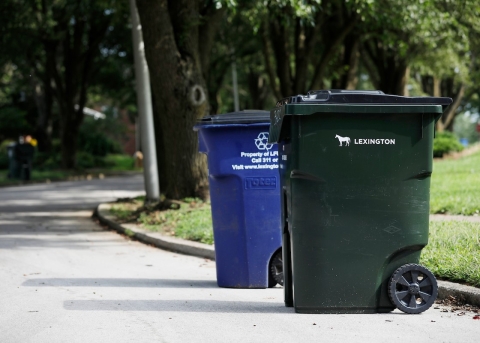
National Missing Persons Day is observed annually on the 3rd day of February. According to NamUs (National Missing and Unidentified Persons), more than 600,000 people go missing annually in the United States. About 2,300 people a day.
If you suspect a person is missing, immediately contact your local law enforcement agency to report the person missing. Law Enforcement will respond and start gathering information from you to help find the missing person. Below is some of the information that they may ask you.
- Date, time and location the missing person was last seen.
- A physical description of the missing person, including race, sex, hair and eye color, height and weight, facial hair and complexion.
- Does the missing person have any tattoos, birthmarks or scars?
- What was the missing person last seen wearing?
- Do you know their date of birth, social security number, operator's license number, and cell phone number?
- Do you know of any places they may go?
- Is there anyone that might be with the missing person?
- What was their mental state? Are they depressed, suicidal, or suffering from another mental?
- Are their dental, doctor or hospital records available?
- Does the missing person require medication?
- Did they serve in the military?
- Is a vehicle involved, and what is the registration, make, model, and color?
- What hobbies or interests does the missing person have?
- What places do they frequent?
- Does it appear they took anything with them? Extra clothing, a purse, wallet, or debit cards?
- Do they have social media accounts? If so, are they still active?
- Do you have a current photo of the missing person?
Tips for Coping with a Missing Loved One
- Seek support from family and friends
- Talk to a professional. Your emotional well-being is important.
- Join a support group-It will help to talk with others that know your situation.
- Find a way to release your grief. Denying the expression of your grief can be highly damaging to your emotional and physical health.
- Take a break from the news and social media. Repeated exposure to negative news can have a detrimental effect on your mental health.
- Don’t blame yourself.
- Share your story with others.
- You help your healing process move forward when you talk to others about your loved one.
- Seek peace and solitude: Seek out time for yourself to be alone in your thoughts and grief.
- Don't give up. Don’t give up hope that your missing person will return to you safe.
According to NamUs (National Missing and Unidentified Persons System), between 89 percent to 92 percent of missing persons are recovered every year.




